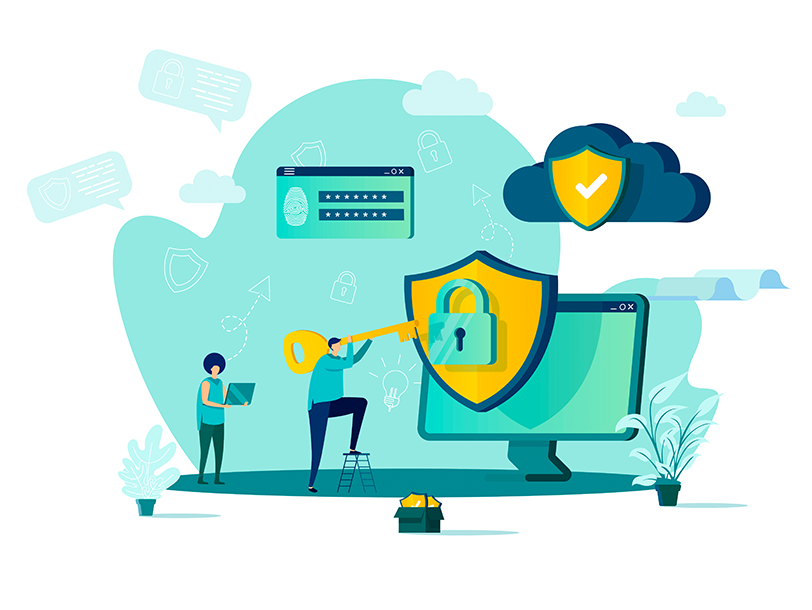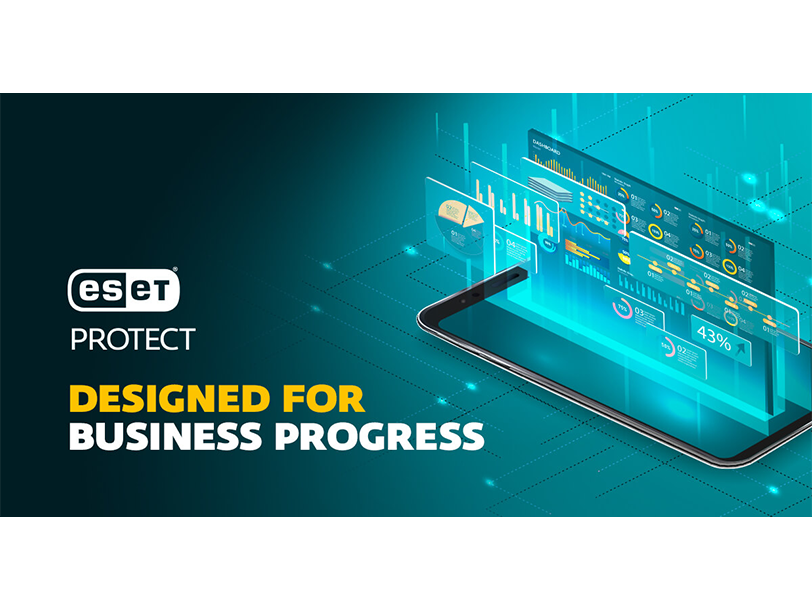
What does a cybersecurity-first approach really mean for businesses using new FinTech solutions?
Financial Technology, or FinTech, is a sector that is becoming increasingly important for businesses across the world as technologies become ever more widespread and accessible. There is a whole range of different types of technology contained within FinTech, from digital banks and payment platforms to InsurTech and RegTech to blockchain and cryptocurrencies, but the main point is that FinTech aims to help companies better manage their financial operations through the use of technology.
According to research from ESET, which looked at the attitudes of 1,200 senior managers across the world, over two-thirds (68%) of senior business leaders expect their company’s investment in FinTech to increase to some extent in 2021-2022. However, as is the case with any new technology, this growing adoption of FinTech creates new risks for businesses that they may not have previously had to contend with.
Cyberattacks and data breaches are becoming more frequent and more sophisticated with each passing year. This poses a threat to every industry, but financial services companies and those using FinTech are particularly appealing targets for cybercriminals, as they deal with monetary transactions, as well as handling sensitive personal and financial data.
Moving financial services online means that the amount of money at stake in a potential cyberattack is increased, making a breach even more costly than it was previously. With this in mind, it is evident that businesses must adopt a cybersecurity first approach when adopting new FinTech solutions. However, what does this actually mean in practical terms?
The first step is to make sure that your business is protected by a comprehensive cybersecurity solution. It is all well and good investing in FinTech, but if this investment comes at the cost of neglecting security, this opens businesses up to significant costs down the line in the event of a cyberattack.
Cloud data should be protected by robust security and encryption, and email systems secured to reduce the risk of malware and phishing attacks. Endpoint security is also vital to prevent targeted and fileless attacks. To find out more about how ESET can help protect your company from cybercriminals, check out our solutions for businesses here.
While investing in comprehensive security is crucial, this is just the first step in implementing a cybersecurity-first approach; it is vital to ensure that across all levels of the company, people are bought into this mindset. Cybersecurity cannot be a top-down initiative, as any individual employee who doesn’t behave in a responsible manner poses a risk to the company.
Wondering how to balance your investment in security against the risks? Read more about positioning your cybersecurity investment for a remote workforce.
Everybody involved must be invested in the approach, meaning a cybersecurity-first attitude needs to be built into a company’s culture. Constant training is a big part of this, as without an understanding of the importance of cyber hygiene, the consequences of ignoring these protocols, and the ways in which risk can be reduced, it is unlikely that the approach will stick. Education on phishing attacks, password security, access management, and the importance of updating systems is critical. Get your remote worker’s guide here.
For more information on how to protect your business, head over to our website.
